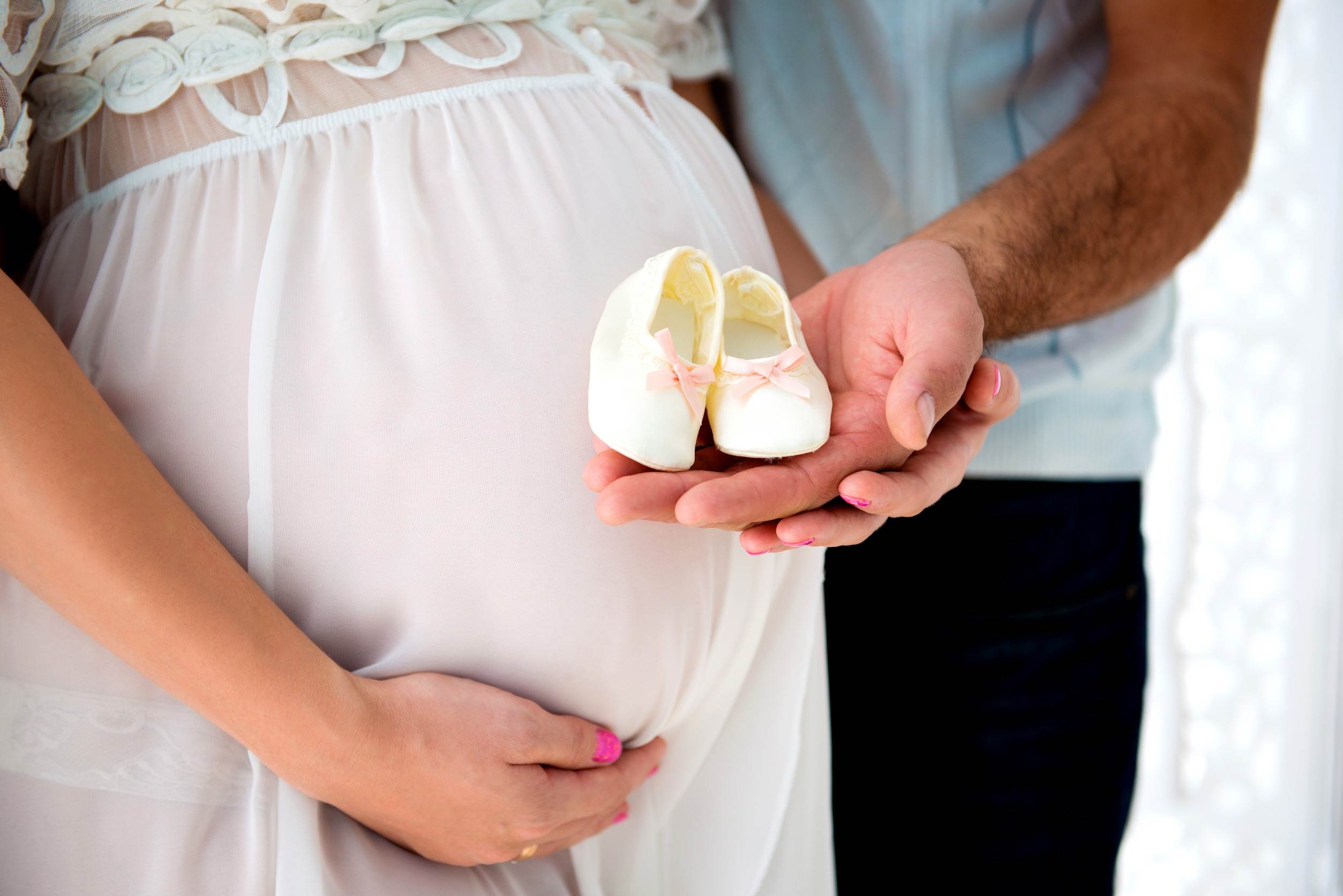Many people who decide to form lifelong relationships often decide that starting a new family is another major milestone. Unfortunately, not every couple has the conventional option of a woman in the relationship allowing a pregnancy, so an infant is born nine months later. Sometimes, same-sex gender or even medical obstacles make this route impossible or a serious health risk.
Fortunately, there is surrogacy as a solution, an age-old alternative where another woman deemed medically suitable agrees to become pregnant on behalf of a couple. Nine months later, that newborn is united with the hopeful parents, and life as a family is still in the cards.
One interesting trend in surrogacy is for couples to make the surrogacy journey a literal one and go abroad, often to a country in Europe. But why is this a popular alternative, and what can couples expect from such a process?
The First Factor: Union Membership
There are essentially two major routes that hopeful families can consider when looking at surrogacy in Europe. Which route is taken is dependent on one major factor: whether the destination of choice is a member of the European Union or not. Despite the fact that the name of the organization has “Europe” in it, not every European nation is a member. The United Kingdom, for example, memorably chose to exit the union in 2020. On the other hand, as an example, Russia has never been a member.
EU membership status has major implications for surrogacy in Europe, especially with regard to currency. The most obvious example is the type of money used. Of the 27 member nations in the EU, 20 of them use a “universal currency,” known as the “Euro.” These countries have “retired” their traditional currency in favor of the Euro, so French Francs are no longer exchanged, but Euros are. The same goes for Germany and the Deutsch Mark. However, some countries, like Poland, still use their own currency, the Zloty, in this case. Depending on national policies, Euros may or may not be accepted and used in the seven nations that retain their own national currency.
Then there are the non-member nations. Once again, financial differences come to bear. Non-member nations are obviously still using their own currency, but in addition to that, there is the question of how taxation will work. All EU members, regardless of money used, comply with a “Value Added Tax” of VAT, which simplifies the sales tax process across all member nations. This does not apply to non-member nations and creates specific financial conditions to consider depending on the country a couple chooses to go to.
The Process
Choosing to go to Europe means looking over your surrogacy agency and clinic options and then evaluating whether the country is right for you. In some cases, there won’t even be an option, such as in France or Germany, both nations where surrogacy activity of any sort is banned.
On the other hand, countries such as the United Kingdom permit surrogacy, but only a specific type known as “altruistic surrogacy.” This means that surrogate mothers volunteer to help a hopeful couple, and aside from having living and medical expenses covered as the pregnancy progresses, get no profit from the pregnancy. This volunteer basis often reduces the available pool of suitable surrogacy candidates versus countries that permit “compensated surrogacies,” in which a surrogate mothers significant role gets appropriate financial recognition. The larger amount of money often makes a huge difference in the available pool of medically suitable women willing to become surrogates.
Reaching Out
Once you have found a surrogacy agency or clinic you feel is right, and you are sure that language comprehension will not be an issue, it is time to reach out. Depending on the agency you have chosen to work with, there may be multiple steps and organizations to work with.
For example, some surrogacy agencies focus only on helping a hopeful family to find the right surrogate mother for their venture. This is, however, the most crucial step, as no progress is possible without it.
Additional Surrogacy Considerations
The next step in the process is carrying out any additional services that may be needed, such as in vitro fertilization, or even transferring cryogenically preserved samples of egg or sperm to the appropriate lab for use in the IVF procedure. Pre-implantation Genetic Diagnosis may be another phase of this process depending on the needs of the couple.
Legal Processes
A final and important step in the surrogacy process is ensuring that all legal protocols with regard to entry and citizenship have been addressed. Most countries do not automatically award returning parents with citizenship for a child born abroad. Failure to address this may result in a baby not receiving citizenship and not being allowed to enter the country.
While there are many steps in the surrogacy process in Europe, depending on the clinic or agency you go to, you may have to find additional organizations to help with each process, or, if you’re lucky, have all the steps addressed by the same agency. It depends on who you go with.


